|
Cop propaganda that props-up the carceral state through its main protagonist, a police commissioner who operates with impunity and tactics deeply rooted in punitive justice. Portrayed with affection, Darbar can be uncomfortable in its general fascistic perspective, one in which a strict binary exists between right and wrong, good and evil, a binary that is defined in the context of Darbar by legality - this agent of the state and his brutal methods never come into question, he is infallible given his status granted by the state. The action is enjoyable and heavy on the panache one has come to expect from blockbuster Tamil cinema, and I'd be remiss if also didn't comment on how utterly charming it is that the lead protagonist takes down gangsters, drug kingpins, and assorted goons with ease but when it comes to garnering the affection of a woman, he is stripped of all his power. The escalation in the back half of the narrative, one in which the film firmly posits the baddie as a caricature of evil makes the film's praise of punitive justice a bit easier to swallow, though the film remains bit uneasy given its simplistic perspective on legality and justice but hey, the final fight in this film is pretty great.
0 Comments
Kiyoshi Kurosawa's Cure is one of the greatest evocations of horror ever committed to celluloid, a film that largely subverts traditional modes of genre filmmaking to deliver a terrifying experience which is near epistemic in the horror it invokes about modernity. Following a familiar cop/killer framework, Cure's general narrative text is accessible from the onset, leaning into the mystery of these murders through the point-of-view of its lead protagonist - a cop who is tasked to solve the grisly crimes. Obfuscating the traditional expectations of this familiar conception - the discovery and satisfaction felt by a viewer through narrative closure, which in this case never comes, Cure reveals the truly horrific module it is operating on, one in which unconscious desires and all their moral attachments are far from repudiated by modernity but suppressed and perhaps even exacerbated by its normalization of "acceptable" social modes of living. These heinous acts of violence were not supernatural, they did not come from any form of mental illness or other socially constructed descriptors that absolves the larger collective of humanity instead, these desires are perhaps, just a part of human consciousness itself. The final denouement of Cure is particularly revealing to the film's subtext, in which the suggestion of more violence is coming, despite the killer at the fulcrum of the narrative being no more. Perhaps Cure isn't just about unconscious desires as a device for its examination of evil, but also about the void created by modernity in which individuals are forced to posit themselves and their defined identities around societal expectations. For our main protagonist, he is forced to wrestle with his professional and personal identities - as a husband and police officer, identities that don't often congeal particularly due to his wife's deteriorating health. Though Kurosawa's cinematic formalism that is completely devoid of empathy and exudes a consistent feeling of detachment, Cure percolates with dread more than outright induces it, the police detective at the fulcrum of this story deeply in pain which he has largely suppressed, symbolic in a sense of modernity itself. Suppression, either socially or individually, leads to instability and agitation, with the potential for abject violence being almost sure to follow.
Has its moments, largely due to strong central performances and precise film grammar that elucidate the ethereal nature of newfound romance and its impermanence when constructed against the material world. Petzold's Undine reverberates with a sense of romantic longing which is palpable, yet the film feels rather slight compared to his recent oeuvre, a clever re-working of the Undine mythology that never transcends its inspiration to become something truly affecting.. An understated fable infused with magical realism, Petzold's latest employs a somewhat cold, rigorous formalism, one which is acute and sensual yet not wholly expressive, relying heavily in stretches on its two central performances to invoke the film's affectional aspirations and emotional substance related to desire, companionship, love, and loss.. An interesting work that is intimate and affecting in the moment, but one that doesn't truly stand out among the filmmaker's best,
Dick Johnson is Dead is another wonderful documentary from filmmaker Kirsten Johnson, a pensive and deeply personal exploration of mortality which manages to never divulge into forced sentimentality when it comes to its exploration of life and death. Through formal schematics in which tender meta-style documentary is infused with grandiose fantasy type sequences which elicit the psyche of both the documentarian and her subject - her father, Dick Johnson Is Dead strikes a great balance between moments of levity and capturing the gravity of the situation, in which this filmmaker's father slowly succumbs to alzheimers. It's rare that a film deals with such difficult issues as mortality with a general sense of clarity, and over the course of the film's running time it illustrates the symbiotic relationship which exists between life and death, love and loss, in a sense quantifying the act of living as something of finite value and something to respect and not take for granted. It's part of our nature to manifest a false sense of control, yet our ability to let go of such existential concerns and simply live feels like the film's underlying theme. Living in the moment and treasuring the time we have is one of the surest ways to live a good, meaningful life, one in which the inevitability of death does not consume our present. Wonderfully creative, personal and by-turn universal, Dick Johnson is Dead is a heartfelt and honest exploration of mortality that shouldn't be missed
Nanni Moretti's The Mass is Over is a compelling examination of faith, one which differentiates itself in interesting ways from the host of similar films which have attempted to excavate the complexities of belief systems, internal spirituality, and the external forces which strain and disrupt one's faith. Narratively speaking, The Mass is Over details the deteriorating temperament of a young Priest as he returns home, grappling with his past and those in his life who have known him long before he became a man of god. Seemingly straight-forward in conception, The Mass is Over manages to be quite piercing in what it illustrates, exhibiting the difficulty even for a man of god to maintain fidelity when consumed by the milieu of a community which is struggling with negativity and emotional strife. We are all social creatures after all, and the transference of milieu is inescapable but not absolute as the film details the trials and tribulations of this priest whose troubled past creates strain on his present identity.
"A Japanese Wife, A Chinese Cook, and American Wages". Far less focused narratively and formally than Hui's later work and the film's humor is derived far more from subversive means, exhibiting the lengths these two principle characters will go for the sake of material enrichment. A story of two Sanatorium patients who, in essence, connive to extract wealth from one of their mentally ill patients after his death, The Last Message features some brilliant comedic bits and never strays away from being mean-spirited, elucidating subtextually the darker aspects of the aspirations of man under a capitalist system in which the psyche is conditioned around the self, striving first and foremost for personal attainment
Tsui Hark's ability to manifest the inner-workings of his imagination onto the silver screen may just be unrivaled in cinema, and Green Snake perhaps is the personification of this idea. Sexy and subversive, Green Snake is a stunning visual tapestry, a film which is an affront to a host of traditional structures rooted in the wuxia genre. Distilling how pleasure and desire are seen as weaknesses of humankind which must be suppressed, Green Snake repudiates a strict binary between good and evil, right and wrong by challenging traditionalist social structures at nearly every turn through a dazzling kaleidoscope of color that is an absolute wonder to behold. In its denouement, Tsui seems to suggest that conservative/traditional principles are restrictions on the self-actualization and social growth, coercive agents of suppression which can be wholly destructive in their worst incarnation
A loveless marriage personified through a hypnotic formalist framework in which abstraction evinces the film's underlying thematic intent. Exhibits the cruelest perspective on domestication under a patriarchal society, one in which femininity is commodified for social gain and emotionally subjugated to the whims of its oppressor - her husband - who profits off of their externally perceived status in which he himself provides no emotional labor in return. Dura's employs both static compositions and free-flowing camera movements which enunciate the stasis of this character who is a ghost in her own life. The way the camera navigates the spaces of this grandiose villa - the restrictive material structures of the hallways and various enclaves of the architectural floor plan become symbolic of this woman's emotional state, she is nothing more than an object, a novelty for her husband's social perception/status. Her life exudes decadence but is void of meaning or autonomy. The film features no plotting or narrative yet through its series of encounters the film reveals the layers of this woman's emotional destitute and the events which shaped her current psyche. Through a series of interactions she has with individuals who know her husband, the viewer begins to realize how deep the abyss goes - these strangers are intermediaries, having more knowledge of her husband and his actions than her, his own wife.
A master of mise-en-scene, Tsai Ming-liang delivers one of his most visually arresting films to-date with his latest film, Days. A slow-paced excavation of alienation which never slips into ennui, Days is a masterclass in visual aesthetics which invokes a bleak examination of loneliness in the modern world, one in which the longing for emotional connection and corporeal desire is exhibited through two characters of different social status whose lives intersect, only for a moment, before the strictures of day-to-day monotony take root once again. For Tsai, connection isn't tied to or defined by any form of temporality, and in a sense, this film is a rejection of such normative, romantic notions. Days is a bleak experience of alienation yet in that one ephemeral moment, there is a semblance of reciprocity and hope. Another stunning work from the master filmmaker.
Chaitanya Tamhane's The Disciple is a story of the cognitive subjugation intrinsic to any act of maximalist devotion, a biting character study full of pain, perseverance, and repetition, that reveals the intrinsic complexities of unbridled artistic pursuits. Through the course of its narrative, The Disciple details the corrosive effects which mythmaking and idolization can have on setting realistic expectations while simultaneously acknowledging how such pursuits themselves simply don't conform to any moralistic binary between right and wrong given the fact that they are manifested first-and-foremost out of individualist ideas of passion and advocacy. The trials and tribulations of an artist who has dedicated his life to becoming an Indian classical music vocalist is the perfect playground for inquiry into a host of topics related to legacy, culture, consumerism, and tradition, as the filmmaker constructs a vivid and pensive study of a character who slowly begins to question everything that has come to define his identity. Tamhane's formal constructions - the use of open space and slow, dread-inducing camera movements - create an effective atmosphere that enunciates the internal consciousness of this character whose vocation is deeply-rooted in solitude which eventually leads to reassessment. Unlike Damien Chazelle's Whiplash, which shares some similar themes, Tamhane is far wearier of simplistic assertions related to the pursuit of perfection, using the plight of its central protagonist to illustrate the complexities of artistic creation in a time in which the mastery of craft is determined just as much by consumerism as technical mastery. Thus the film's denouement is one open to interpretation, it stings of sadness in one regard but also of potential salvation, with our main protagonist choosing another path, one which isn't so beholden to asceticism but still attached to his personal advocacies
|
AuthorLove of all things cinema brought me here. Archives
June 2023
|
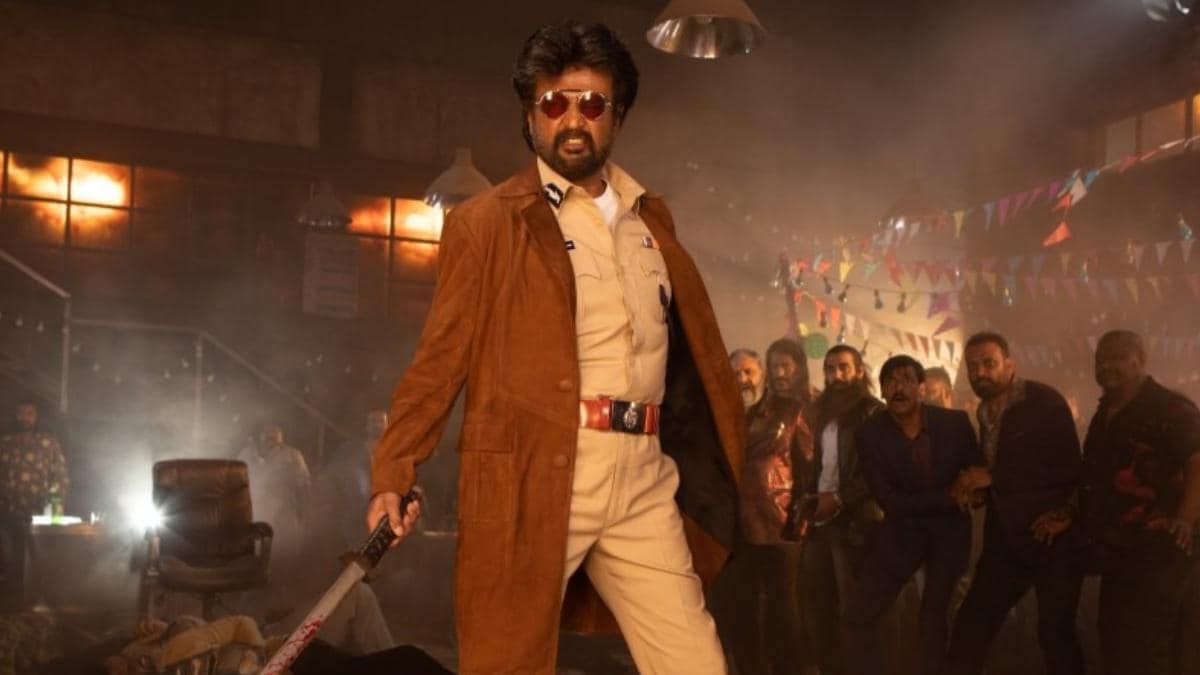
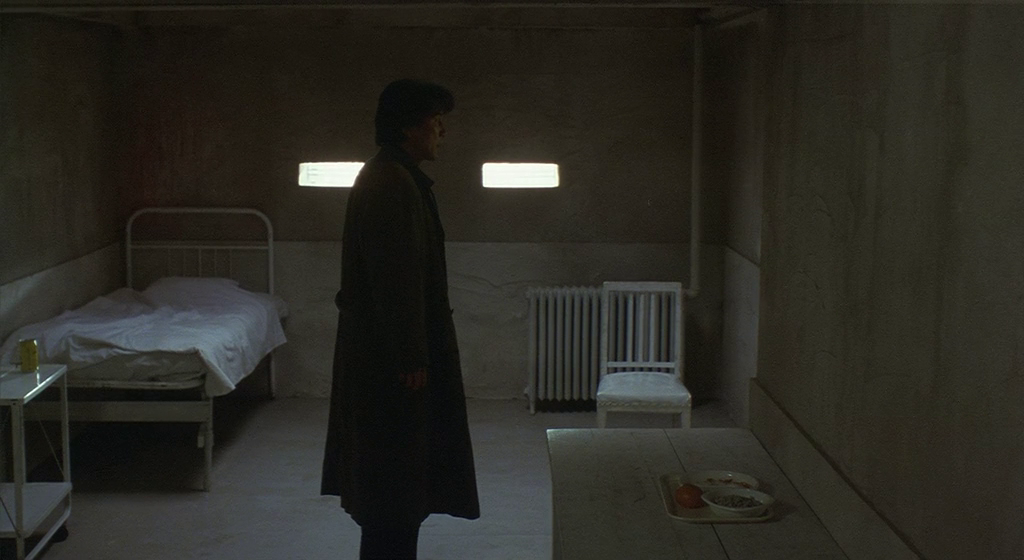

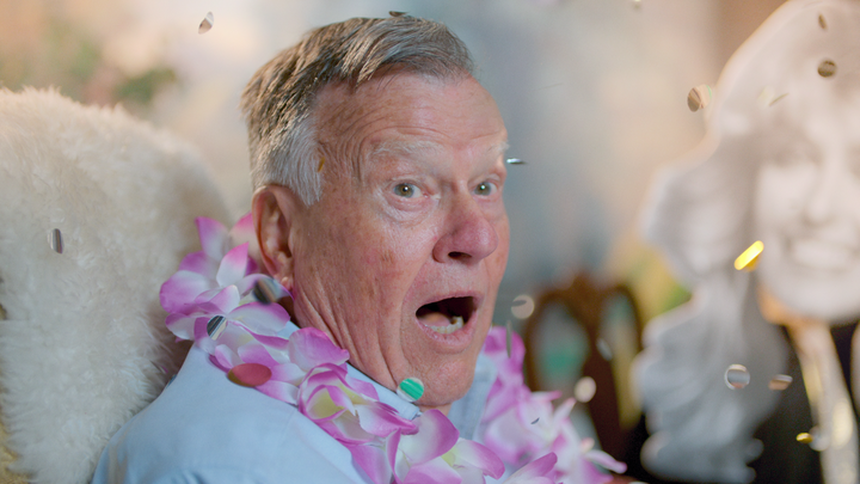
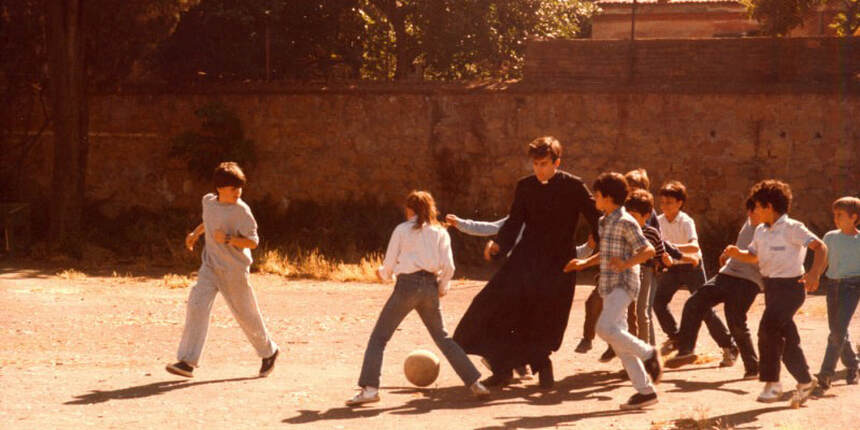
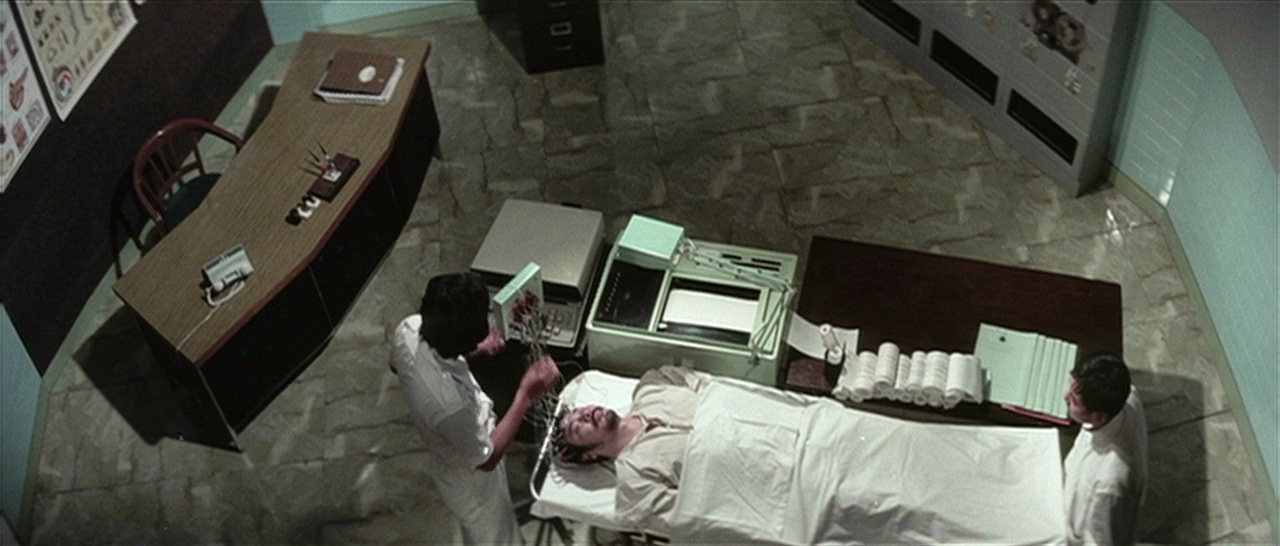
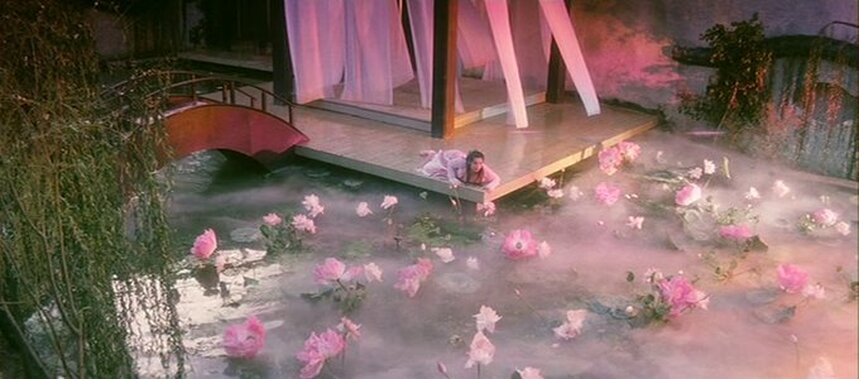
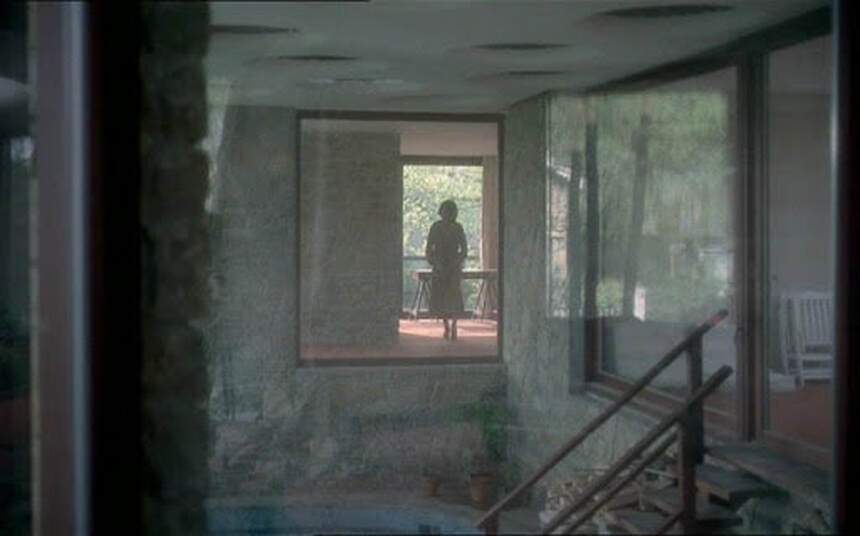

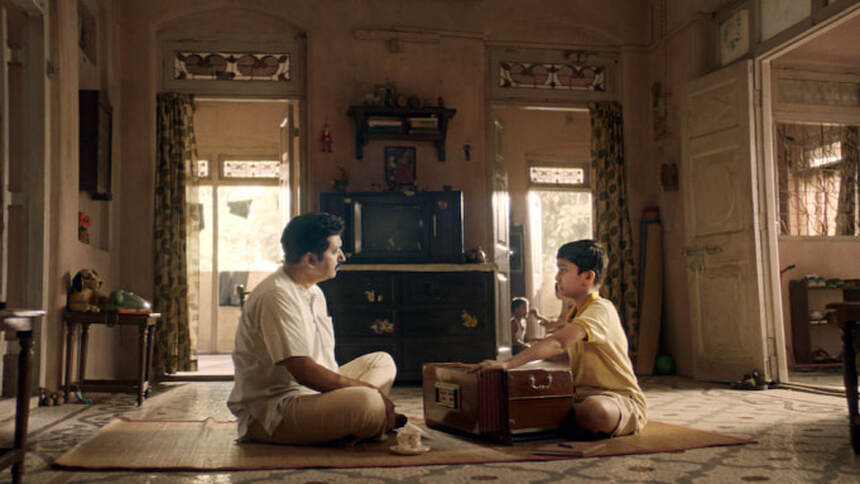
 RSS Feed
RSS Feed
